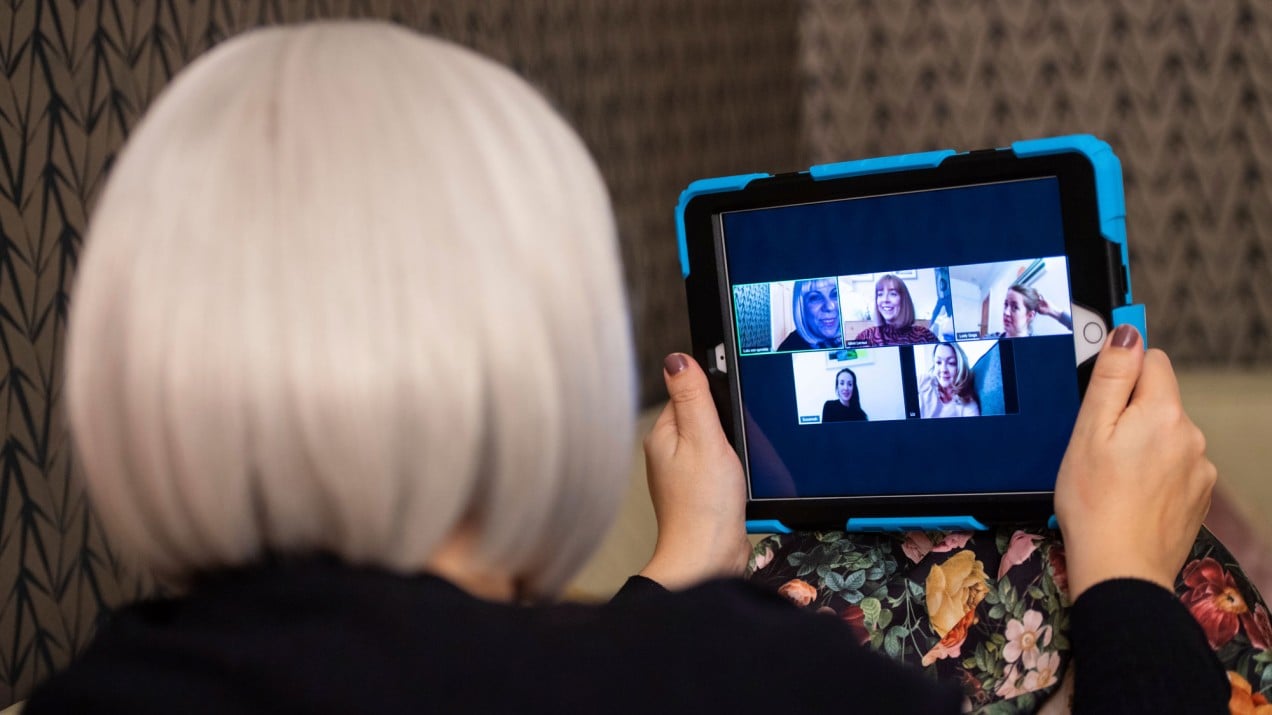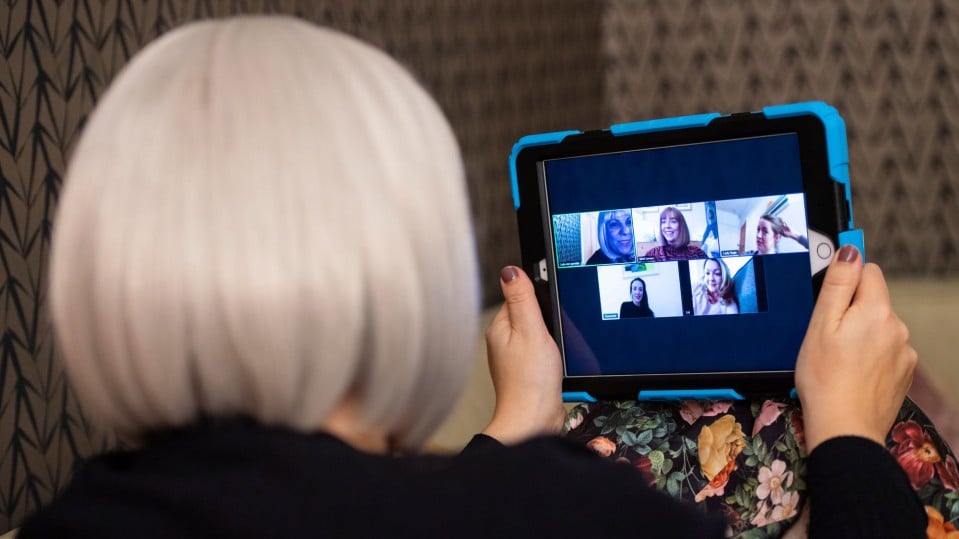

Computing / Cybersecurity
Zoom is facing questions about how private or secure it really is
Zoom has rapidly become the video-conferencing platform of choice as people stay home during the coronavirus pandemic. Now it’s under pressure.

The news: Video-conferencing platform Zoom claims it uses end-to-end encryption, but it is still able to access video and audio from meetings hosted on its app, The Intercept reported yesterday. On the same day, Vice revealed that Zoom is leaking thousands of users’ email addresses and photos, and letting strangers try to initiate calls with each other. That's because users with the same domain name in their email address are being grouped together as if they work for the same company. Zoom told Vice that it has now blacklisted these domains.
Anything else? Um, yes. Zoom is also facing a class action lawsuit because users claim it did not obtain their proper consent before sharing some of their data with Facebook. On Monday, New York’s attorney general, Letitia James, wrote to the company asking what stepped-up security measures it will put in place to handle increased traffic and thus more attention from hackers. There’s also the widely reported problem of Zoombombing, where trolls intrude on open meetings (those without passwords) to hijack screen-sharing features. This prompted the FBI to issue a statement warning people to password-protect Zoom meetings. We contacted Zoom for comment but it had not responded by the time this was published.
Why it matters: Zoom has rapidly become the video-conferencing platform of choice as people stay home during the coronavirus pandemic. It’s being used for everything from work video calls to workout sessions to social hangouts. It’s even been used to conduct official government business, and in the UK, Prime Minister Boris Johnson inadvertently revealed the meeting ID for a cabinet meeting he was hosting yesterday.